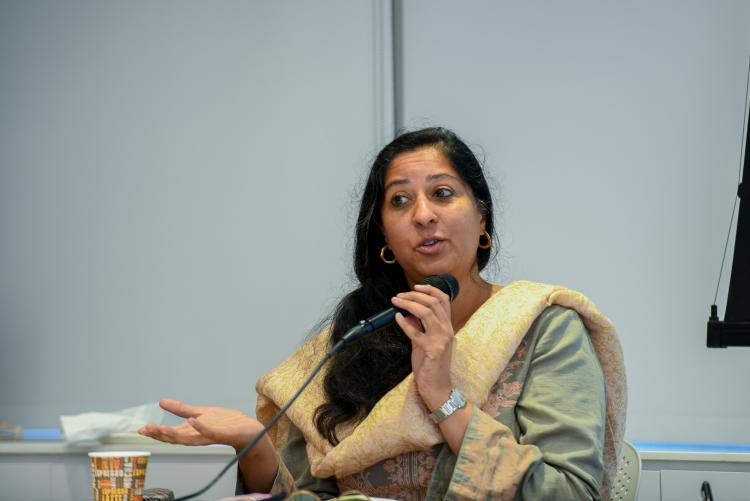The 78th session of the United Nations General Assembly (UNGA 78) was a pivotal moment for addressing global health inequalities, and one of the remarkable side events that took place during the assembly was the discussion on "Accelerating Progress Towards Health Equity." Held on September 19th in New York City, this event brought together experts and activists committed to promoting health equity, including Prof. Attiya Waris of the University of Nairobi, whose insightful talk on international cooperation in relation to tax and debt played a vital role in shaping the final UNGA statement on fiscal issues.
In the midst of numerous global challenges, one sobering fact stands out: over half of the world's population still lacks access to essential health services, and there has been minimal progress in recent years regarding reproductive, maternal, newborn, and child health services. Moreover, a staggering 2 billion people experience financial barriers to healthcare, causing them to forgo much-needed medical treatment.
To address these inequities effectively, member states must first identify and recognize the groups left behind and work to eliminate the obstacles they face. Vulnerable populations are unlikely to benefit from private profit-seeking capital; instead, public finance is crucial to accelerating progress toward universal health coverage, as it can fund initiatives in the public interest.
Prof. Attiya Waris, a respected figure in international finance, addressed the gathering with her expertise in "International Cooperation on Tax and Debt in Relation to Health Equity and Security." Her presentation emphasized the need for systemic change. Sovereign debt and high interest rates have led to significant reductions in public spending, leaving health services underfunded and inaccessible. Illicit financial flows also drain resources; costing African countries an estimated $88.6 billion annually.The final draft of the Political Declaration on Universal Health Coverage omitted the vital mention of "countering illicit financial flows" for resource mobilization. Prof. Attiya Waris and other experts called upon member states to reform the international financial architecture and create fair frameworks to address unsustainable debts and combat illicit financial flows.

